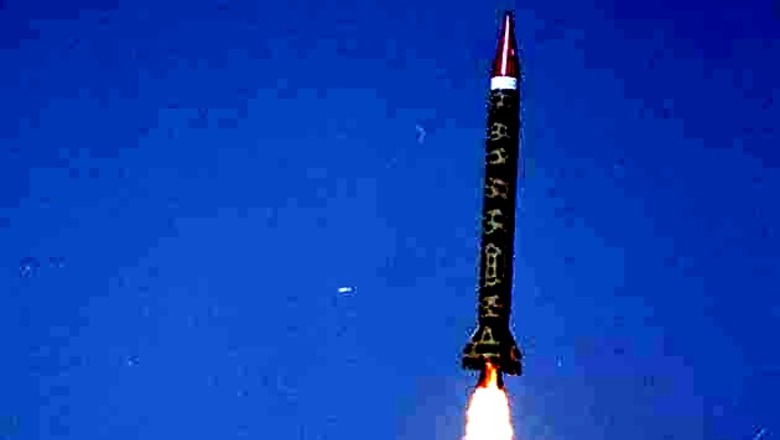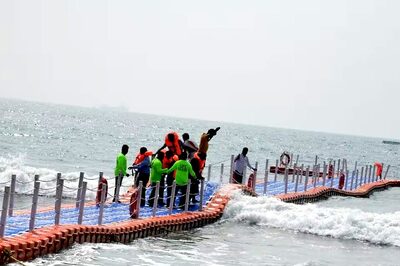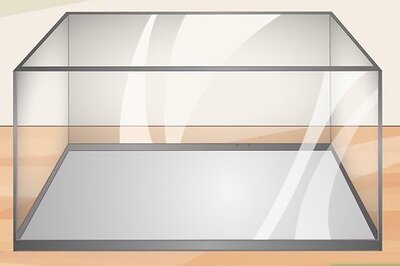
views
Washington: Expanding its nuclear arsenal at a rapid pace, Pakistan is now aiming to develop smaller and lighter atomic warheads more suitable for use on missiles, the Bulletin of the Atomic Scientist has said. Pakistan is expected to surpass Britain's nuclear stockpiles in a decade, the journal said, referring to the rapid development of nuclear warheads by Islamabad.
"Pakistan has shown clear signs of its intention to grow its nuclear arsenal. Most recently, the country has begun to increase its plutonium production capabilities, with two new plutonium production reactors under construction, as well as a new chemical reprocessing facility," the journal said.
"The country's increased interest in plutonium demonstrates its likely goal to develop smaller, lighter warheads more suitable for use on missiles. In 2011, Nuclear Notebook reported that, in the next decade, Pakistan's arsenal could grow larger than that of Britain's," it said.
According to the journal, the global nuclear stockpile stands at roughly 19,000 nuclear weapons with the nuclear-armed states accounting for an estimated 420 of those weapons, while the nuclear weapon states have the rest.
"With stocks of fissile material sufficient for an arsenal of up to 200 nuclear warheads, Israel may have the largest stockpile among the nuclear-armed states, while both India and Pakistan each have around 100 warheads," it said.
"Today, these three countries have the largest arsenals they have ever had. This growth trend among key nuclear-armed states stands in stark contrast to Britain, which, with an estimated 225 warheads, has the smallest arsenal of the nuclear weapon states; its arsenal peaked between 1975 and 1980 with 520 warheads," it said.
Besides China, all of the nuclear weapon states typically mate their nuclear warheads and their delivery systems, with aircraft-delivered nuclear weapons being an important exception. The opposite is the norm, however, for the nuclear-armed states, the journal said.
"India and Pakistan keep warheads and delivery vehicles de-mated. South Africa, when it had a weapons program, was thought to have kept its nuclear cores separate from the bomb casings. Israel is believed to keep nuclear warheads de-mated from its land-based systems, though the same may not be true of nuclear weapons placed aboard Israeli submarines.
"Similarly, it is anticipated that India, when the INS Arihant's sea trials are complete, will send the submarine to sea with nuclear warheads mated to its K-15 ballistic missiles," the journal said.
Whereas every nuclear weapon state has developed thermonuclear weapons, India and (likely) Israel are the only two nuclear-armed states that have chosen to pursue this capability. Neither is known to have been successful yet, it said.
Though none of the nuclear-armed states has deployed full-range land-based intercontinental ballistic missiles (ICBMs), India, Israel, and North Korea are working in this direction with varying degrees of success; Britain and France are the only nuclear weapon states without ICBMs, though they both deploy intercontinental-range submarine-launched ballistic missiles (SLBMs), the journal added.

















Comments
0 comment